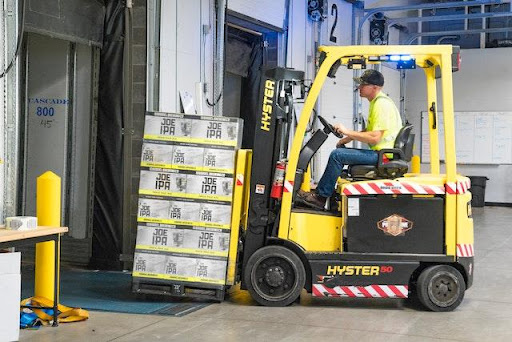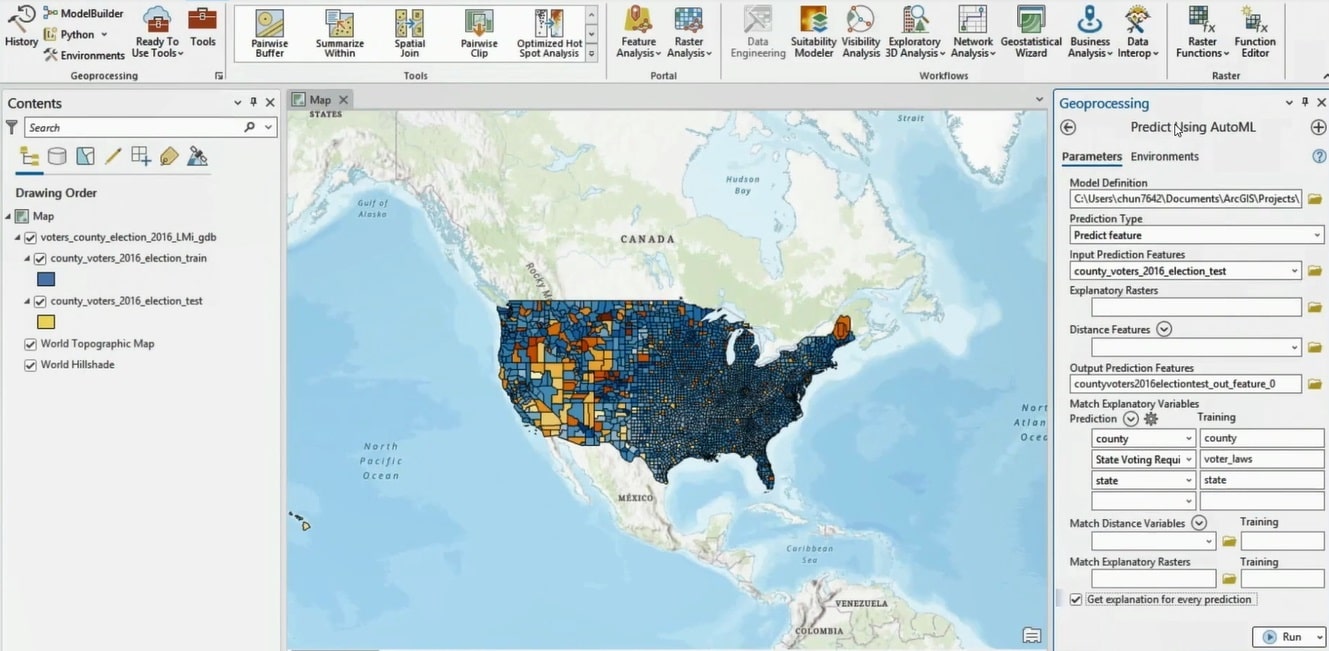The construction industry relies heavily on efficient material handling equipment, with forklifts playing a crucial role in project success. Selecting the right forklift can significantly impact productivity, safety, and compliance with UK construction regulations.
Table of Contents
Types of Construction Forklifts
Different types of forklift trucks are ideal for a range of jobs and construction projects.
Rough terrain forklifts are the primary choice for outdoor construction work on British sites. These robust machines feature enhanced ground clearance, all-terrain tyres, and powerful engines designed specifically for challenging UK weather conditions and uneven site surfaces.
Telehandlers, often called telescopic handlers in the UK, represent another vital category in construction material handling. These versatile machines, such as those manufactured by Hyundai, combine traditional forklift capabilities with telescopic boom functionality, making them ideal for British construction methods.
For construction projects requiring flexible equipment solutions: https://www.tagforklifttrucks.co.uk/
Indoor Construction Applications
For work inside partially completed structures or during finishing phases, electric counterbalance trucks prove invaluable. Linde’s electric models, widely used across the UK, offer exceptional manoeuvrability and zero emissions – crucial for maintaining air quality in enclosed spaces and meeting British environmental standards.
Specialised Material Handling Equipment
Many UK construction projects require specialised handling solutions. Combilift and Aisle-Master equipment, both popular in British construction, excel in managing long loads and operating in confined spaces. These manufacturers have revolutionised material handling with innovative designs that comply with UK space utilisation requirements.
Key Selection Criteria
When choosing a construction forklift in the UK, several factors require careful consideration:
- Site conditions and terrain assessment
- Maximum lift height requirements
- Typical load weights and dimensions
- Fuel type suitability
- Required reach capabilities
- Indoor/outdoor operation needs
- Compliance with UK emission zones
- Operator visibility requirements
- Maintenance accessibility
- LOLER compliance requirements
Environmental Considerations
British construction is experiencing a significant shift towards more environmentally conscious equipment choices, particularly in urban areas with Low Emission Zones (LEZ) and Ultra Low Emission Zones (ULEZ). While diesel-powered forklifts remain prevalent, LPG and electric alternatives are gaining popularity, offering:
- Compliance with UK emission standards
- Lower noise pollution for urban sites
- Decreased maintenance requirements
- Improved operator comfort
- Better suitability for indoor operation
Safety Features and UK Regulations
All construction forklifts must comply with strict UK safety standards including:
- LOLER 1998 requirements
- PUWER 1998 compliance
- HSE-approved operator training
- Regular Thorough Examinations
- CDM 2015 regulations
- Appropriate certification and documentation
Cost Considerations
The decision between purchasing and hiring construction forklifts in the UK depends on various factors:
- Project duration
- Equipment utilisation rates
- Maintenance capabilities
- Capital availability
- VAT implications
- Insurance requirements
Fact Check:
- The HSE requires all forklift operators to complete an approved training course and hold a valid certificate under PUWER 1998.
- LOLER 1998 mandates Thorough Examination of forklifts at least every 12 months.
- The CEA reports approximately 40% of new construction forklifts sold in the UK now feature low-emission or electric power systems.
- All construction forklifts must comply with CDM 2015 regulations.
- BITA guidelines require rough terrain forklifts to comply with EN 1459 safety standards.
The “best” forklift for UK construction work depends entirely on specific project requirements and operating conditions. While rough terrain forklifts and telehandlers dominate outdoor construction sites, electric counterbalance trucks and specialised equipment like Combilift and Aisle-Master units serve crucial roles in specific applications.
Success lies in carefully evaluating project needs and selecting equipment that balances performance, safety, and compliance with UK regulations. Many British construction companies find that maintaining a flexible approach through a combination of owned and hired equipment provides the most practical solution, ensuring they have access to the right machinery for each phase of their projects.
The UK construction industry’s growing focus on sustainability and efficiency continues to drive innovation in forklift technology, with manufacturers like Linde and Hyundai leading the way in developing more environmentally friendly and productive solutions that meet British standards.





